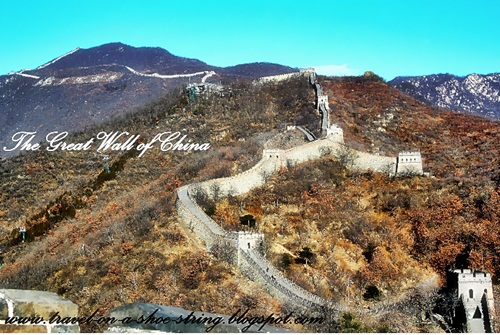• WHAT TO DO IN CASE OF AN EARTHQUAKE •
The three main safety measures to be taken during an Earthquake are:
DUCK
COVER
HOLD
And don’t forget, STAY CALM.
Use a whistle so rescuers could easily rescue you!
Always have a belt bag in your body that contains water, candies, chocolates and some crackers.
Practice “DUCK, COVER and HOLD drills with your family and at your school or office.
Also practice drills for quick evacuation of a building whenever there is an announcement of an earthquake.
Develop an earthquake plan at home, in your neighborhood, at school, and at work.
Choose the safest place at your home, school or office to take shelter in, during the earthquake.
Plan the safest place to meet in if you are away from each other during the earthquake.
Always charge your cellphone batteries and always have load.
Everyone should know how to turn off the gas supply at the meter in case they smell gas after a large earthquake.
DURING an earthquake
If you are indoors and an Earthquake occurs-
1. Turn away from windows. (Stay clear of windows, fireplaces, woodstoves, heavy furniture or appliances that may fall over.)
2. Crouch under a desk or table. ( Take cover under a sturdy desk, table or other
furniture to protect yourself from the falling debris but if you do want to move, move with the sturdy furniture above you.)
3. Put both hands on the back of your neck and tuck your head down.
4. If the desk or table moves, hold the legs and move with it.
5. Remain there until the ground stops shaking and it is safe to move.
Stay inside to avoid being injured by falling glass or building parts.
If in a crowded area, take cover where you are.
If you are outside-
Run to the open, away from power lines and buildings. Try to help elderly people and toddlers.
If you are driving-
Stop at a place away from skyscrapers, bridges and even objects like trees and lamp posts, that may fall on your vehicle.
It is advisable to remain in your vehicle and keep ducked.
Beware, looters start functioning in such chaos. So, keep your vehicles locked.
It is advisable for motorists to get off their bikes and follow measures given in the ‘If you are outside’ scenario.
If you are near mountains or other unstable areas-
1.Be alert for falling rock and other debris that could be loosened by the earthquake.
2. If possible, burrow in the earth to prevent damage caused by falling trees, landslides and rocks.
3. The best option is not to camp when there is an earthquake warning by the media.
If you are at the beach-
Move quickly to higher ground or several hundred yards inland.
AFTER AN earthquake-
Check for injuries. Do not move a seriously injured person unless he is in an immediate danger of further injuries.
Safety checks:
- Fire or fire hazards.
- Gas leaks: Shut off the main gas valve only if a leak is suspected or identified by the odor of natural gas
- Wire Shocks: Shut off power at the control box.
- Fallen objects in closets and cupboards: Displaced objects may fall when you open the door.
- Downed or damaged chimneys: Approach chimneys with caution. They may be weakened and could topple during an aftershock.
- Check your telephone: Make sure each phone is on its receiver.
- Clean up: Clean up harmful materials or medicines which may have spilled.
Tsunami hazard:
If you live along the coast, be alert for news of tsunami warnings issued by the Tsunami Warning Center. If you experience a strong earthquake, there may not be time to issue a warning. Move to higher ground as soon as you are able, and stay there until the authorities issue an "all clear."
Use flashlights or battery-powered lanterns. Do not use lighters, matches, candles, or lanterns until you are sure there are no gas leaks.
Use your telephone only in the event of life-threatening emergencies.
Turn on a battery-powered radio for information, damage reports, and for information on volunteering your assistance.
Keep streets clear for emergency vehicles. Cooperate with public safety officials.
Above all pray!












0 comments:
Post a Comment